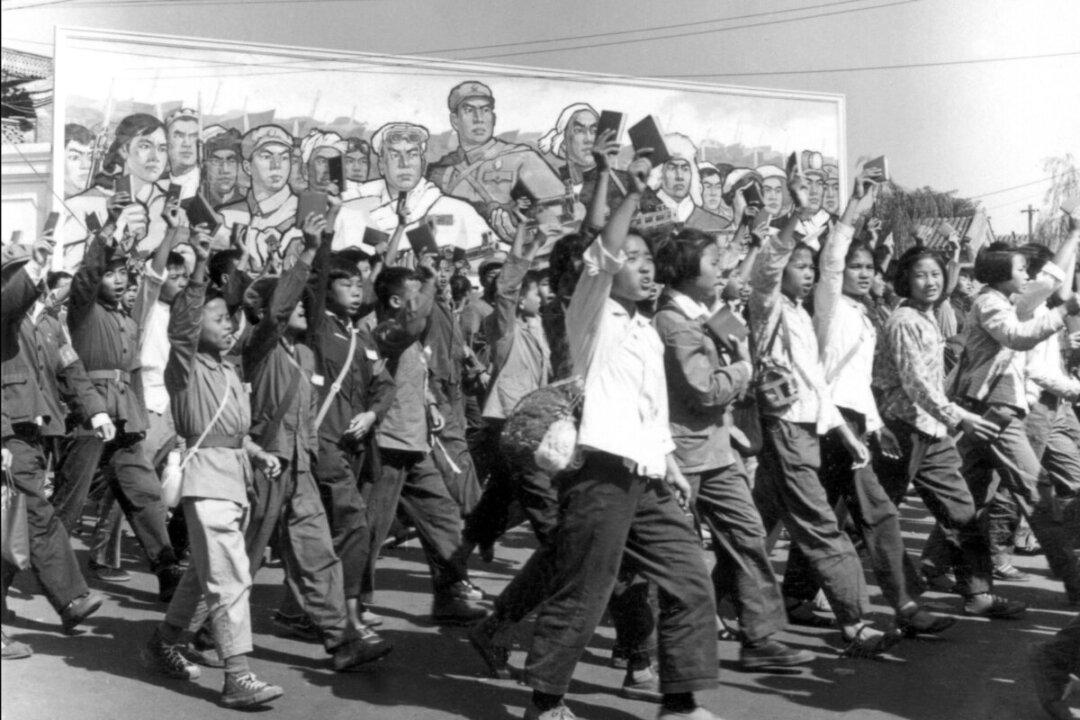Commentary
The Chinese Communist Party’s history is full of forbidden subjects, and the most paramount of them is undoubtedly the Cultural Revolution.

The Chinese Communist Party’s history is full of forbidden subjects, and the most paramount of them is undoubtedly the Cultural Revolution.